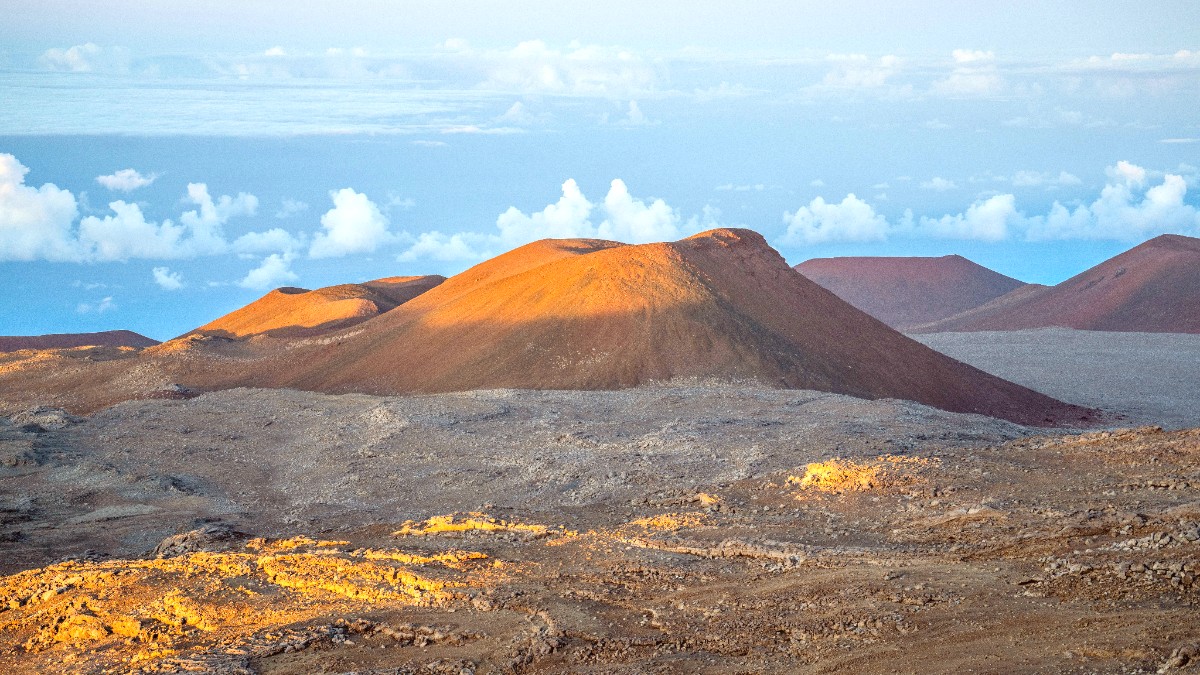
Hawaii, USA
Early Polynesian settlers brought staple crops and fishing techniques. Later immigrants from China, Japan, Philippines, Portugal, and America shaped distinct "Local Food."
Big Island cuisine draws from these historical roots while differing from traditional Hawaiian food.
Taro (poi), breadfruit, sweet potato, coconut. Fresh fish (ahi, mahi-mahi).
Mango, papaya, pineapple, lilikoi. Soy sauce, fresh ginger, garlic, Hawaiian sea salt.
Kona coffee, macadamia nuts. Hilo: "local plate lunch" spots. Kona: upscale dining, fresh seafood.
Slow-cooked pork in an imu (underground oven), incredibly tender and smoky.
Find at luaus and many local eateries.
Diced raw fish (often ahi tuna) seasoned with soy sauce, sesame oil, limu, spices.
Widely available at supermarket counters, fish markets, poke shops.
Meat wrapped in taro leaves and steamed. Poi: pounded taro root, sticky, slightly sour.
Find Lau Lau at Hawaiian restaurants. Poi is a fundamental starch for traditional meals.
A local delicacy, available roasted, salted, or flavored.
Refreshing side made from fresh salmon, diced tomatoes, onions, green onions, served cold.
Mainly in Kailua-Kona and Kohala Coast luxury resorts (e.g., Merriman's in Waimea, Brown's Beach House).
Abundant across island towns, offering various cuisines.
Excellent for affordable and authentic meals.
Excellent Japanese, Chinese, Thai, and Korean restaurants throughout Hilo and Kona.
Reflects Hawaii's diverse population.
Many options to sample Asian flavors alongside local specialties.
Wide and varied international cuisine options available.
A quintessential casual meal, especially for lunch.
Offers a satisfying and budget-friendly option.
Main protein, two scoops white rice, macaroni salad.
Widely found at local diners and food trucks.
Dedicated halal or kosher restaurants are rare. Call ahead for accommodation.
Wise to inquire directly about ingredients and preparation.
Online review platforms (Yelp, TripAdvisor) for allergy-friendly places.
Consider packing personal snacks, especially for remote areas.
Kona Coffee Cultural Festival (November): tastings, cultural events.
Traditional Hawaiian feasts with a comprehensive cultural experience.
From quick bites to fine dining, there's a taste for everyone.